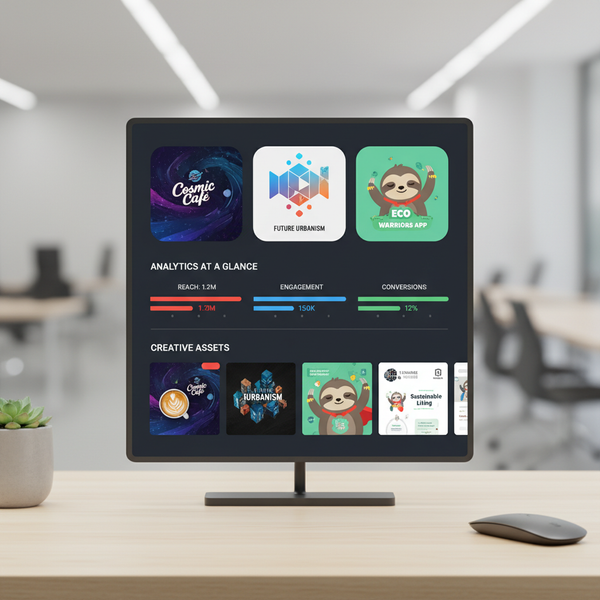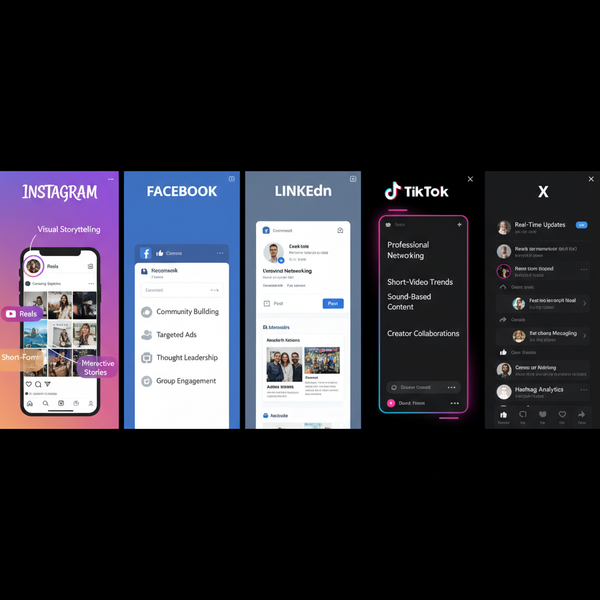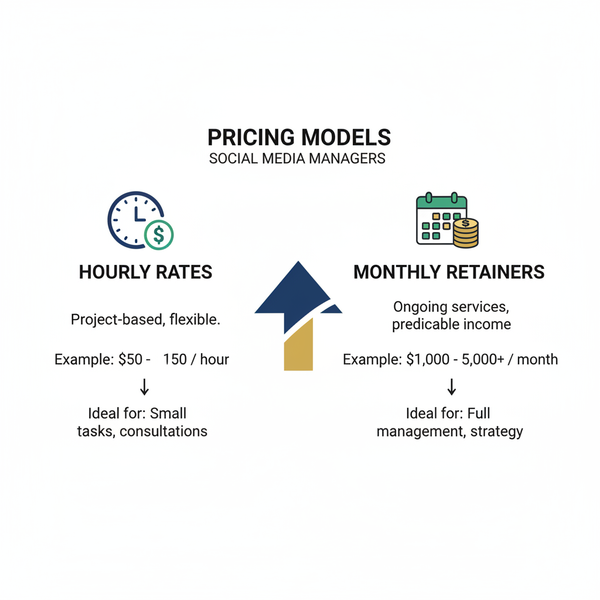Best Similar Sites Like Facebook for Social Networking
Explore top social networking sites like Facebook with unique features, privacy options, and communities to better match your interests and needs.
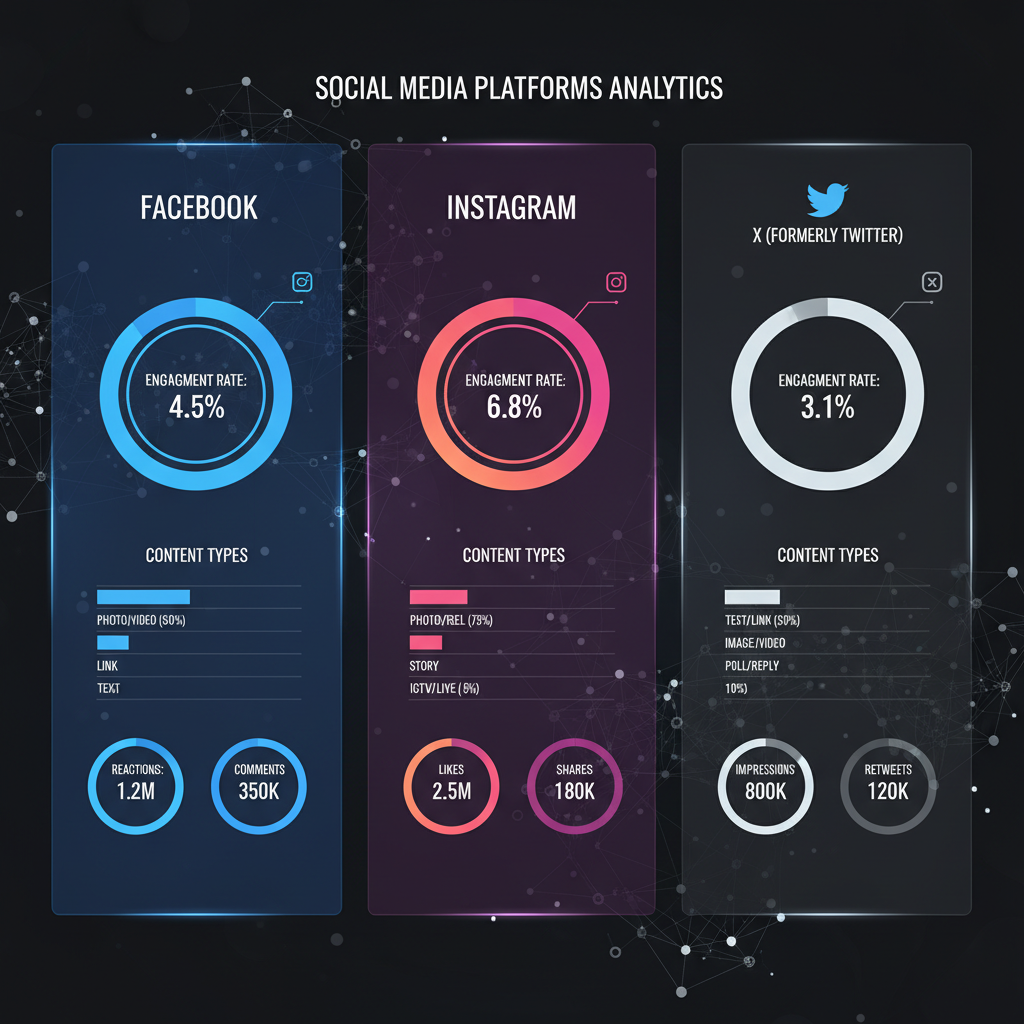
Introduction to Social Networking Beyond Facebook
For over a decade, Facebook has been the dominant force in online social networking. Yet, the digital world offers diverse similar sites like Facebook that can better match your privacy preferences, content style, and community interests. Whether you want more control over personal data, a chronological feed, or a platform tailored to a specific hobby or niche, exploring alternatives can expand and enrich your online interactions.

This comprehensive guide explains why you might consider leaving or supplementing Facebook, outlines key selection criteria, and presents ten reputable alternative platforms with unique features.
---
Why Look for Alternatives to Facebook
There are several reasons users seek platforms beyond Facebook:
- Privacy concerns: Ongoing controversies around data handling drive some to more secure environments.
- Unique features: Some networks provide innovative tools that fit specific communication needs.
- Different target audiences: Certain platforms attract niche demographics or highly engaged groups.
- Algorithm fatigue: Non-chronological feeds and opaque algorithms can limit content visibility.
---
Criteria for Choosing a Facebook Alternative
When comparing social networking sites like Facebook, evaluate these factors:
- Usability: Is the interface intuitive and mobile-friendly?
- Community size and engagement: Larger sites offer reach; smaller ones foster deeper interaction.
- Features: Consider group tools, events, media uploads, messaging, and monetization options.
- Security & Privacy: Check the site’s policies on encryption, tracking, targeted ads, and moderation.
---
Overview of Facebook’s Core Features for Comparison
Knowing Facebook's strengths helps you identify comparable or improved capabilities elsewhere.
| Feature | Description |
|---|---|
| News Feed | Central hub for posts from friends, pages, and groups |
| Groups | Spaces for focused discussion and community building |
| Events | Tools for planning and inviting contacts to gatherings |
| Messenger | Integrated instant messaging and video calls |
| Pages | Profiles for businesses, public figures, and brands |
| Marketplace | Peer-to-peer buying and selling |
---
Platform 1: Instagram — Visual-First Social Sharing
Owned by Meta, Instagram emphasizes capturing and sharing life in images and videos. Reels, Stories, and DMs cater to creative storytelling and community interaction.
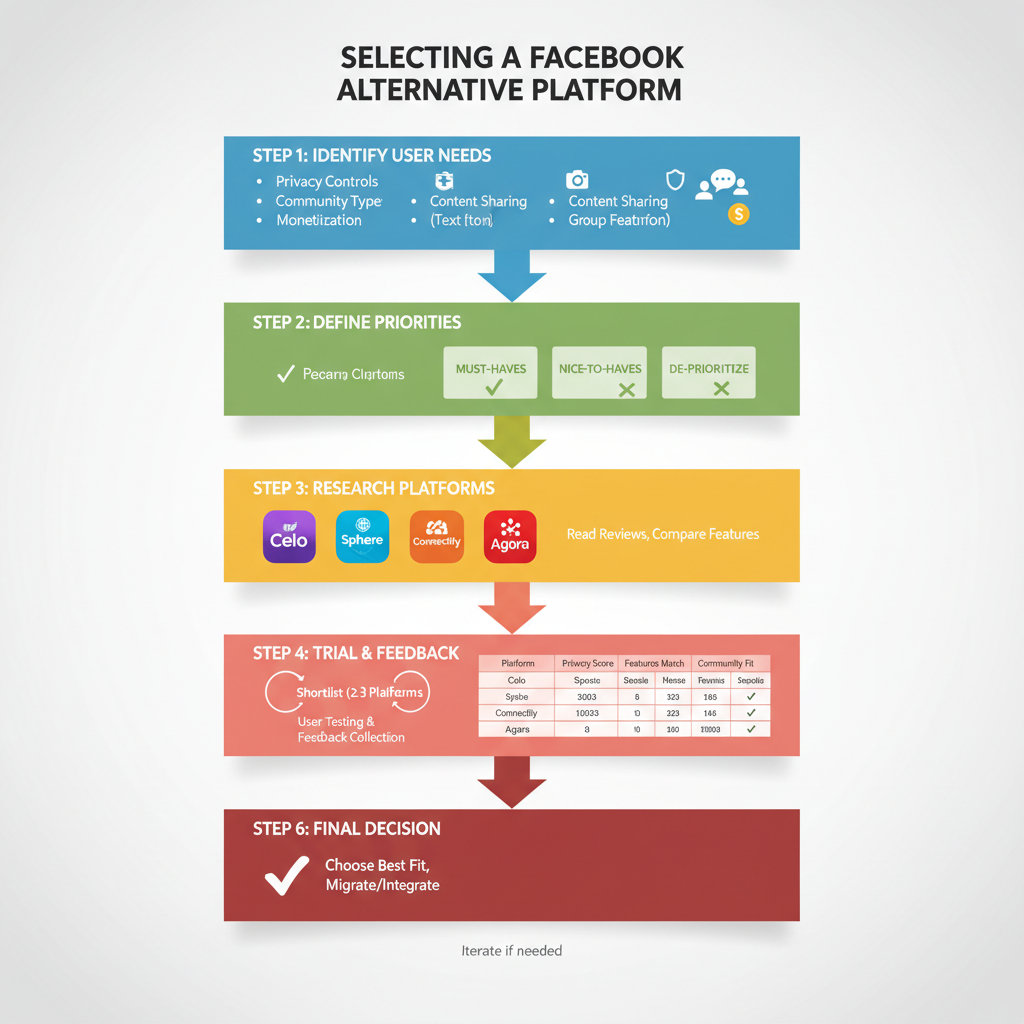
Key Points
- Best for lifestyle, travel, art, and fashion sharing.
- Built-in editing and discovery tools enhance content reach.
- Distinct visual focus despite integration with Facebook.
---
Platform 2: Twitter (X) — Real-Time News and Microblogging
Now branded as X, this microblogging platform thrives on fast, concise updates and real-time engagement.
Key Points
- Perfect for tracking breaking news and discussions.
- 280-character limit promotes brevity and quick responses.
- Public timelines encourage discovery of diverse voices.
---
Platform 3: LinkedIn — Professional Networking and Content Sharing
LinkedIn offers a professional-first environment for career building and B2B networking.
Key Points
- Focuses on professional identity and relationships.
- Built-in job listings and company pages.
- Supports long-form content for thought leadership.
---
Platform 4: Pinterest — Idea Discovery and Curation
Pinterest is a visual search and bookmarking tool that helps users plan projects and discover inspiration.
Key Points
- Saves and organizes content into themed boards.
- Ideal for lifestyle, design, and DIY communities.
- Highly visual and project-oriented.
---
Platform 5: Reddit — Community-Based Discussions and Niche Interests
Reddit organizes discussions into thousands of topic-specific subreddits.
Key Points
- Vast range of communities for nearly any subject.
- Vote-based visibility system rewards quality content.
- Balance of anonymity and accountability.
---
Platform 6: Tumblr — Creative Blogging and Fandom Communities
Tumblr blends social networking with flexible blogging for creative expression.
Key Points
- Supports mixed media and custom blog design.
- Known for thriving fandoms and niche artistry.
- Interaction via follows, likes, and reblogs.
---
Platform 7: MeWe — Privacy-Focused Social Network
MeWe rejects tracking and ad-based revenue, opting for a subscription-supported model.
Key Points
- Ad-free and no data selling.
- Familiar group and messaging tools.
- Appeals to privacy-conscious users.
---
Platform 8: Diaspora — Decentralized Networking Platform
Diaspora is open-source and hosts user data on independently run pods.
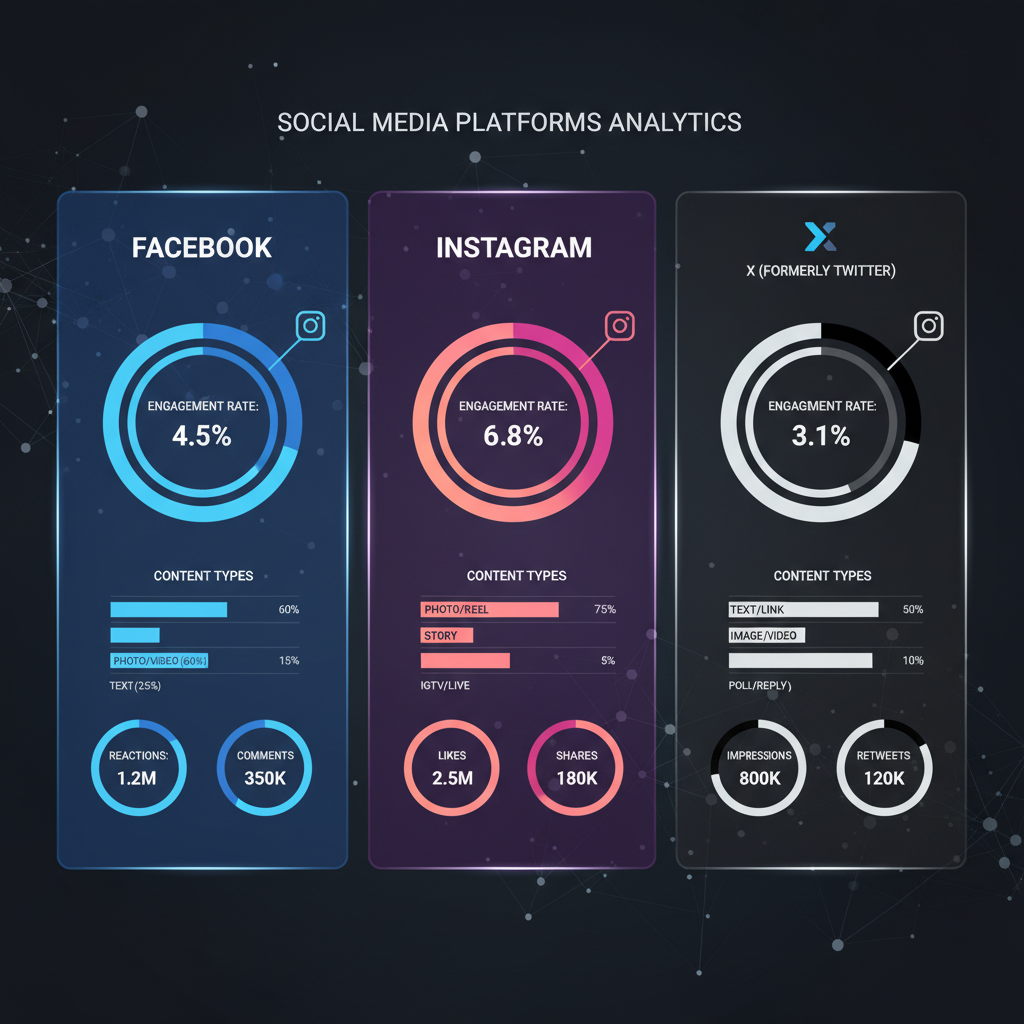
Key Points
- User choice over where and how data is stored.
- Provides profiles, messaging, and hashtag discovery.
- Driven by community governance and transparency.
---
Platform 9: Mastodon — Open-Source, Federated Social Networking
Mastodon operates on decentralized instances with community-specific rules.
Key Points
- Chronological feeds by default.
- Variety of cultures across instances.
- Freedom from ads and centralized control.
---
Platform 10: Minds — Blockchain-Based Social Platform
Minds incorporates cryptocurrency rewards into social interaction.
Key Points
- Incentivizes engagement through token economy.
- Strong emphasis on free speech.
- Open-source for public inspection.
---
Tips for Migrating to a New Platform
Successfully transitioning from Facebook involves strategy:
- Announce your move: Tell your audience where to connect.
- Adapt your content style: Match the platform’s preferred formats.
- Engage proactively: Build trust within existing communities.
- Use cross-posting tools: Maintain presence across platforms during the shift.
- Track engagement: Refine posting frequency and topics based on response.
---
Conclusion: Choosing the Best Facebook Alternative
Exploring similar sites like Facebook reveals a wide range of possibilities—Instagram and Pinterest thrive on visuals, Reddit and Tumblr excel in topic-specific discussions, while MeWe, Diaspora, and Mastodon emphasize privacy and user control.
The right choice depends on your goals, audience, and preferred interaction style. Test multiple options to see where you connect most authentically. The online social landscape is richer and more varied than ever—venture beyond Facebook to find your ideal digital community.
Ready to explore? Sign up for one or two promising alternatives today and start expanding your network beyond familiar boundaries.

